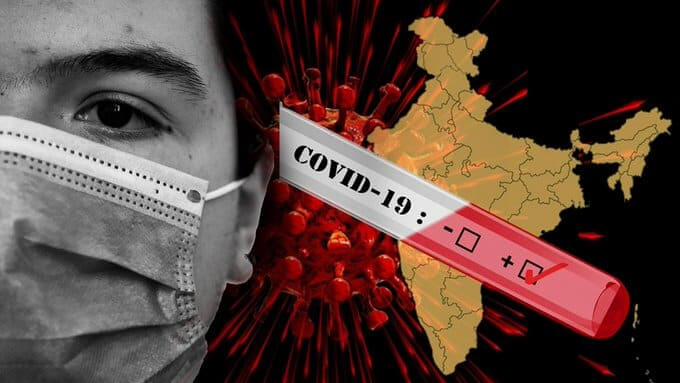For the 1 million Indians in Australia, the worry levels are high about the potential spread of the Omicron variant of the COVID 19 virus in India. Most of us were left affected directly or indirectly when the Delta variant bushfire raged across the nation less than 9 months ago, even as the health system fought tooth and nail to contain it.
India is all about numbers; with a population of over 1.3 billion, these numbers can either be a source of attraction or a liability to manage. Investment consultants spruik the great opportunities which lie in business with these 1.3 billion consumers; others look at the social, environmental, educational and health responsibilities which come with this population size.
India has reported 35,000,000 infections and 483,000 deaths caused by COVID-19’s Delta variant. These official figures have been disputed – claims are that they on the lower side, due to incomplete certification of COVID deaths, misattribution to chronic disease and low levels of paperwork in rural India. Nonetheless, they constitute about 10% of the global deaths due to COVID.
To be better equipped to fight the virus, one needs at least three doses of vaccines at this stage, the initial two vaccinations and then the booster shots. To date only 45 % of the population is fully vaccinated and it is only now that the booster shots have begun to be rolled out for those over 60 or with comorbidities and for frontline workers.
It is a well-known fact that the initial vaccination shots have low efficacy after about 4-5 months. Of those currently vaccinated, a large number of people in India will be walking around unprotected against the Omicron variant, due merely to the gap between their initial vaccination and their booster shot.
READ ALSO: Why Australia must become a republic
Last year, the spread of Delta partially accelerated due to elections in five states of India, including Bengal and Tamil Naidu. Thronging rallies were blamed for the fast spread. And now in 2022, 180 million people are set go to the polls in the states of Uttar Pradesh, Punjab, Uttarakhand, Goa and Manipur on 10 Feb. Though election rallies have been banned, one can expect to see huge gatherings of people, leading to fears of a repeat of 2021. That the Omicron is reported to be particularly severe on those who have not been vaccinated or have low efficacy is therefore of concern.
All this as the government reported 160,000 new cases on a single day (Sun 9 Jan), with the two largest cities Delhi and Mumbai recording more than 20,000 new cases each. In spite of schools in many states remaining closed, health officials are understandably concerned.
For Indian-Australians heading home to India in coming days, it is important that they are not only double vaccinated but have had their booster also. And yes, social distancing in India might prove to be a challenge, but sticking to the triple mantra of masking, social distancing and hygiene may just make the trip safer.
READ ALSO: Travelling to India? Airport PCR tests will give you results in 90 mins



